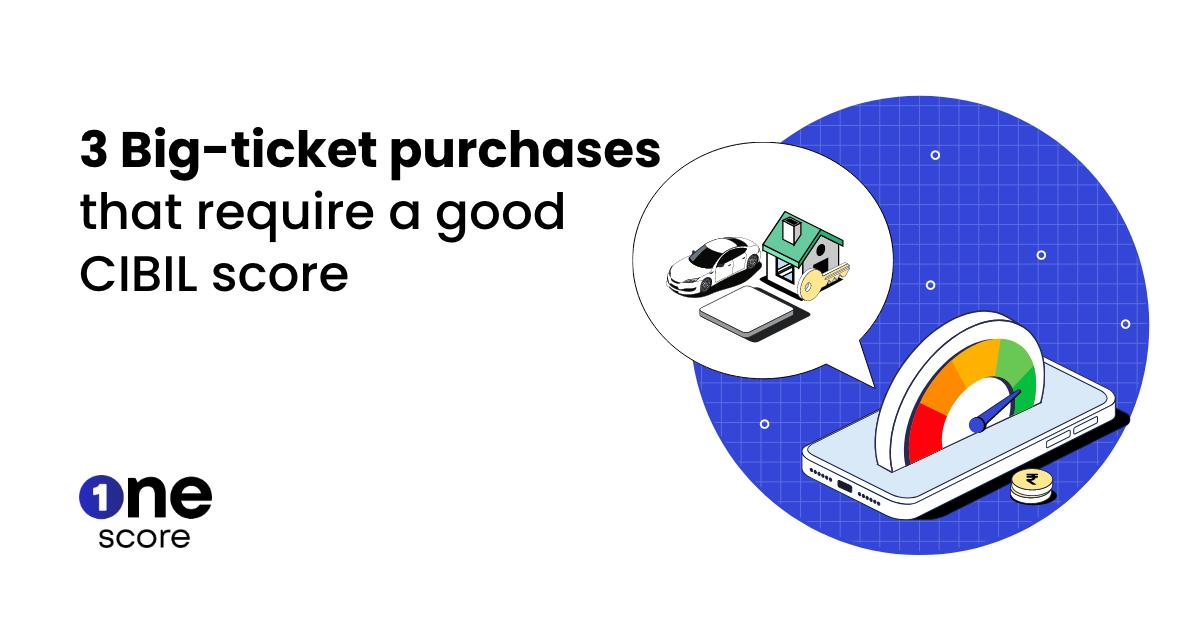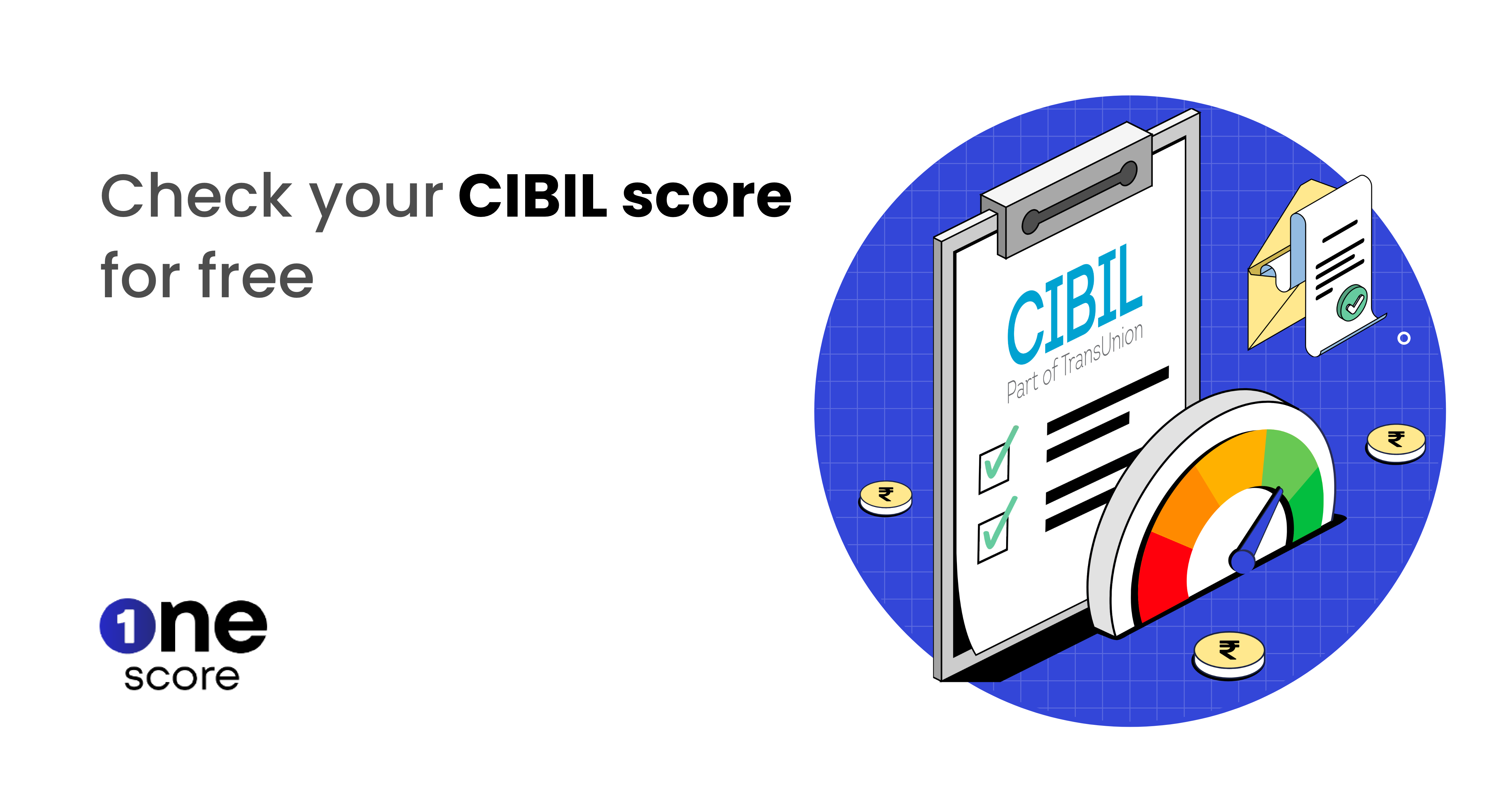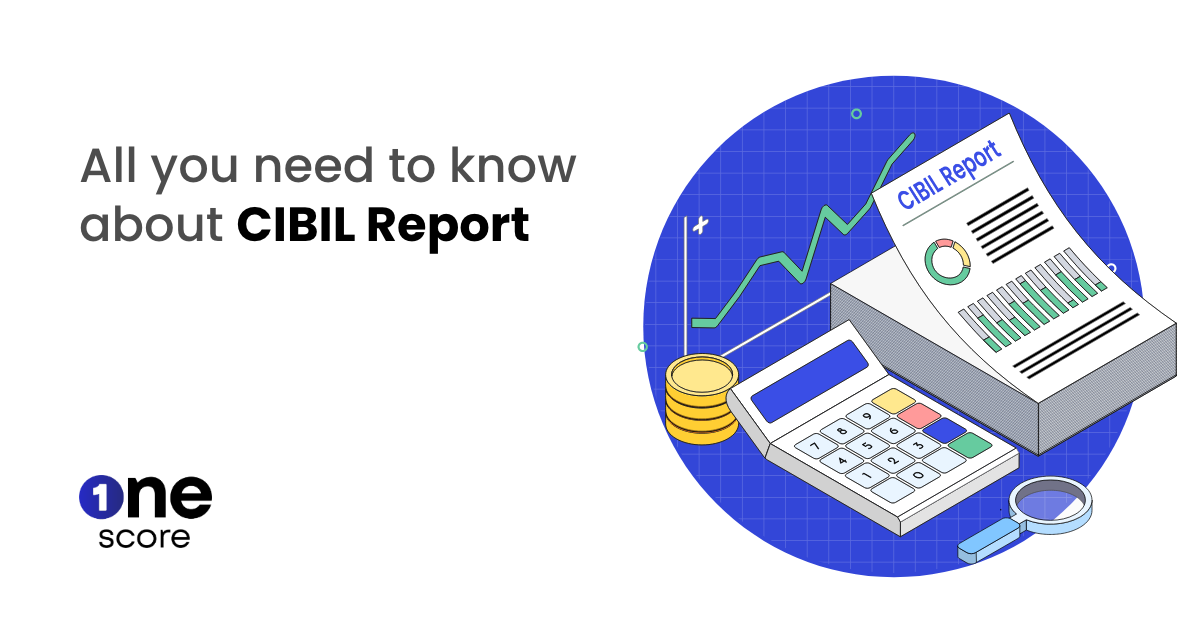Does Your Spouse’s Credit Score Affect Your Financial Prospects?

Getting married may impact your finances in a number of ways. There is usually an increase in expenses and investments, such as health and insurance. Achieving this becomes easier when couples take on financial responsibilities in collaboration, leading to joint investments or a greater share of your spouse’s finances. However, before walking down that road, one needs to have a clear idea of how your spouse’s credit score may influence your creditworthiness. This will ensure that you build credit and make financial decisions that are best suited for you and your family in the long run.
For example, you and your partner will continue to have separate credit reports with separate credit scores even after marriage. In other words, it is your credit history alone that determines your credit reliability and has nothing to do with the quality of your spouse’s credit score. However, in certain scenarios, your spouse’s credit score gets tied to your own, such as when applying for a joint loan or making your spouse an authorised user on your existing credit card.
Read on to find out everything about how your spouse’s credit score may affect your financial future.
What is a Credit score, and How do You Calculate it?
A credit score is a numeric value that denotes your creditworthiness. In other words, it is a measure of your credit history that shows how responsibly you have utilised your credit in the past and whether it is safe for banks/NBFCs to invest in you in the future. The credit bureaus consider several factors in different proportions to calculate a three-digit score universally acknowledged across the financial world.
The top four credit bureaus in India responsible for pulling your credit report are Equifax, Experian, CIBIL™ & CRIF™. The credit score ranges from 300 to 900. A credit score above 750 is considered excellent, whereas any score above 600 will work in your favour when applying for loans. Consider using OneScore’s Smart Score Planner, which provides suggestions on how to improve your credit score.
Factors that Impact Your Credit Score
1. Payment History:
Indicates whether or not you have paid your dues on time
2. Credit Utilisation Ratio:
Your utilisation ratio is the percentage of total credit used compared to your total revolving credit. Maintain a lower utilisation ratio to avoid appearing credit-hungry, thereby increasing your chances of loan approval.
3. Length of Credit History:
This is directly proportional to your credit score. Therefore, make routine use of your card as long as you are financially aware and maintain a record of expenses.
4. A Credit Mix:
A mix of different types of credit can positively impact your credit score.
5. Taking on New Credit:
This prompts the lender to initiate a hard inquiry on your credit report, which lowers the credit score temporarily.
ALSO READ: Dreaming of a Big Purchase? Here’s Why a Good CIBIL Score is a Must
How Does Your Spouse’s Credit Score Affect Your Credit History?
Your spouse’s credit score does not affect your credit score in an automated, direct manner post marriage. However, given below are a few ways your credit score becomes tied to your spouse’s through certain joint financial dealings.
1. Taking Out a Joint Loan
Your spouse’s poor credit score can impact your financial outputs in the case of joint investments. Consider that you and your partner have jointly applied for a home loan. The lender’s decision to grant a loan will depend on both of your credit histories. If your spouse has a poor repayment history, it will significantly lower the chances of loan approval. Even if the lender approves your loan application, they may impose higher interest rates on what may comparatively be a small sum of money.
2. Adding Your Spouse as an Authorized User on Your Credit Card
If your spouse is an authorised user on your card, they can use the card but are not legally bound to make payments. If they are irresponsible with their credit usage, it can incur huge debts. This will reflect on your credit report and hamper your credit score. It is important to have transparent conversations with your spouse about your finances to ensure both of you are on the same page.
3. Having Different Credit Histories
If your spouse has a poor credit score, your joint investments in the future may be negatively influenced. But there is no cause for despair, since this applies the other way around as well. If your spouse has a poor credit score but you do qualify for joint credit, timely repayment on the given loan can enhance both your credit scores. A bad credit score is not a permanent mark on your financial prospects, and with a little planning and foresight, it is possible to drastically improve one’s credit history. You can use the OneScore app to set up reminders for bill payments & EMIs to never miss a payment date in the future.
ALSO READ: How to manage debt and preserve your financial wellbeing
If your spouse has a poor credit score, there are ways to help them improve their records and enhance your joint prospects at future investments. If you consider the root of the problem, you can avoid similar mistakes in the future. Was it one reckless purchase, a layoff, or a sudden medical crisis? With some financial planning, it is possible to avoid mishaps and stay prepared in case of financial contingencies.
**Disclaimer: The information provided on this webpage does not, and is not intended to, constitute any kind of advice; instead, all the information available here is for general informational purposes only. FPL Consumer Services Private Limited and the author shall not be responsible for any direct/indirect/damages/loss incurred by the reader in making any decision based on the contents and information. Please consult your advisor before making any decision.


Dreaming of a Big Purchase? Here’s Why a Good CIBIL Score is a Must

How Your Credit Score Directly Impacts Your Financial Future



- OneScore , July 25, 2024

